The Supreme Court is hearing oral arguments Thursday in a challenge to President Donald Trump's effort to end birthright citizenship, a case that could more broadly call into question the powers of lower courts to block executive branch actions.
U.S. Solicitor General John Sauer used the bulk of his opening arguments Thursday to reiterate their view that universal injunctions exceeded lower courts’ Article III powers under the Constitution, noting that the injunctions "transgress the traditional bounds of equitable authority," and "create a host of practical problems."
Universal injunctions "require judges to make rushed, high stakes, low information decisions," he said. "They operate asymmetrically, forcing the government to win everywhere," and "invert," in the administration’s view, the ordinary hierarchical hierarchy of appellate review. They create the ongoing risk of conflicting judgments."
During a five-minute rebuttal period, Justice Sonia Sotomayor questioned Sauer on what authorities the courts, under their argument, would have in this scenario— an important line of questioning likely to be revisited again.
100 DAYS OF INJUNCTIONS, TRIALS AND 'TEFLON DON': TRUMP SECOND TERM MEETS ITS BIGGEST TESTS IN COURT
"Your theory here is arguing that Article III and principles of equity [clause] both prohibit federal courts from issuing universal injunctions to have your argument," she said.
"If that's true, that means even the Supreme Court doesn't have that power," she noted later.
Justices on the high court agreed in April to hear the case, which centers on three lower courts that issued national injunctions earlier this year blocking Trump's executive order on birthright citizenship. The order reinterprets the 14th Amendment to deny automatic U.S. citizenship to children born in the U.S. if their mother is unlawfully present or temporarily in the country, and if their father is neither a U.S. citizen nor a lawful permanent resident at time of birth. Trump's action remains on hold nationwide pending Supreme Court intervention.
The Trump administration asked the Supreme Court in March to review the case, arguing that the three lower courts in question had exceeded their authority in issuing the universal injunctions.
APPEALS COURT BLOCKS TRUMP ADMIN'S DEPORTATION FLIGHTS IN ALIEN ENEMIES ACT IMMIGRATION SUIT
"These injunctions exceed the district courts’ authority under Article III [of the Constitution] and gravely encroach on the President’s executive power under Article II," U.S. Solicitor General John Sauer told justices on the high court in a filing before arguments began. "Until this Court decides whether nationwide injunctions are permissible, a carefully selected subset of district courts will persist in granting them as a matter of course, relying on malleable eye-of-the-beholder criteria."
Plaintiffs told the high court that there is no reason for them to intervene here, objecting both to the executive order in question, which one lawyer described in a brief as "citizenship stripping," as well as any effort to block the nationwide injunctions. The lower court orders "preserve the status quo that has existed for more than a century, and the federal government suffers no harm, much less irreparable harm, by continuing to follow long-settled laws while the appeals proceed," Nicholas Brown, the Attorney General of Washington state, said in its filing.
Oral arguments are expected to focus not only on the lower courts that blocked Trump's birthright citizenship order – but also on whether federal judges can issue universal injunctions halting executive actions nationwide. The Supreme Court has never ruled directly on the practice, though several conservative justices, including Clarence Thomas, have raised concerns.
A Supreme Court decision here could have sweeping national implications, setting a precedent that would affect the more than 310 federal lawsuits that have challenged White House actions since Trump's second presidency began on Jan. 20, 2025, according to a Fox News data analysis.
The consolidated cases before the court are Trump v. CASA, Trump v. the State of Washington, and Trump v. New Jersey.
It’s unclear when the justices will rule, but their decision to fast-track the case means an opinion or order could come within weeks – or even days.
.png)
 4 hours ago
2
4 hours ago
2
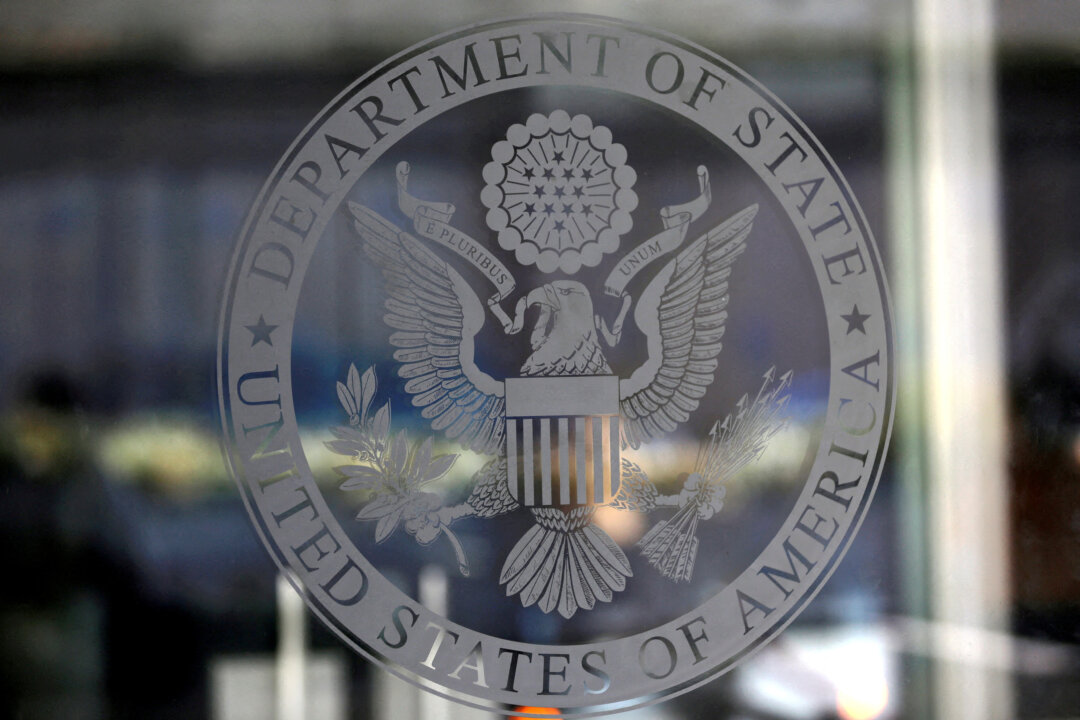






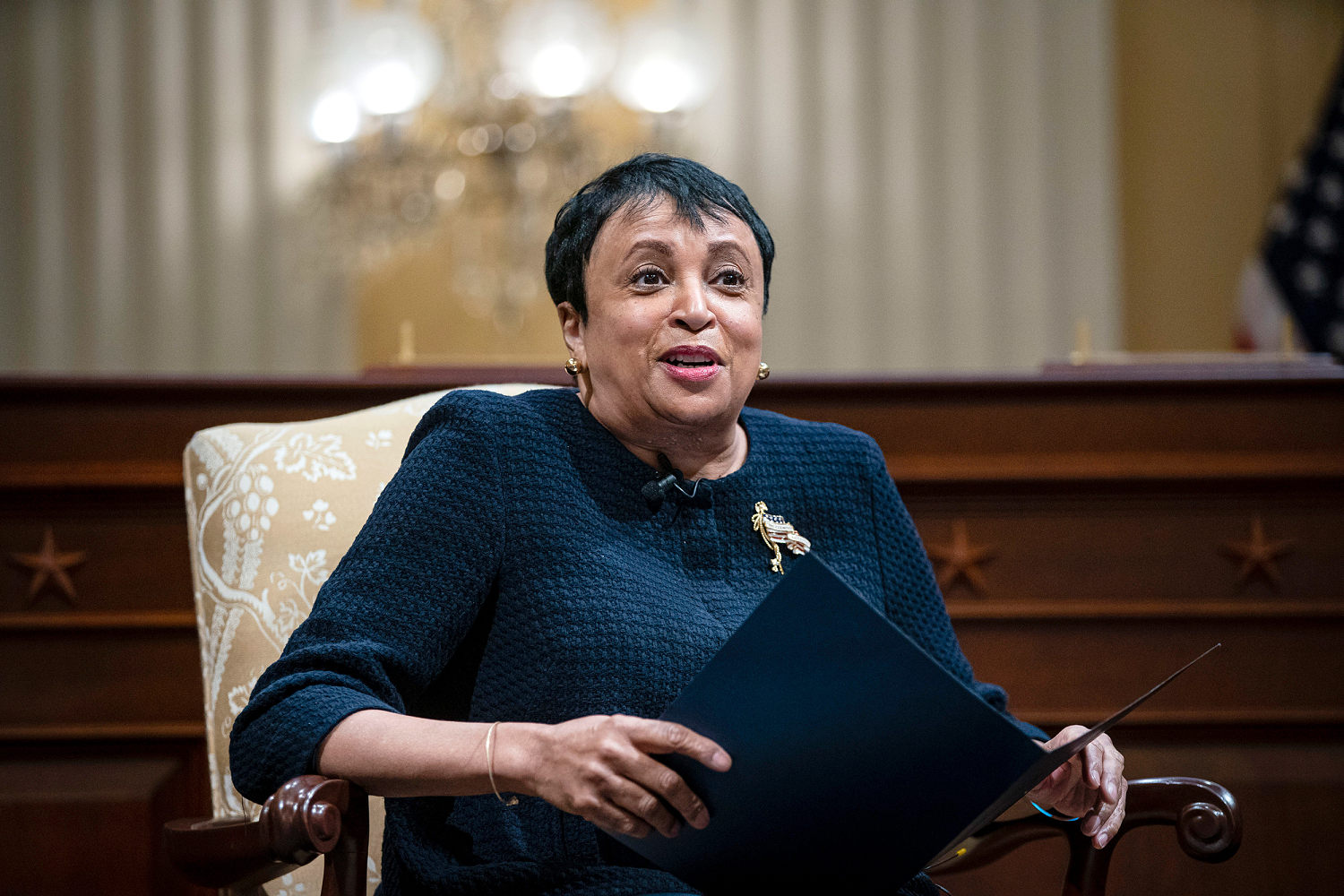

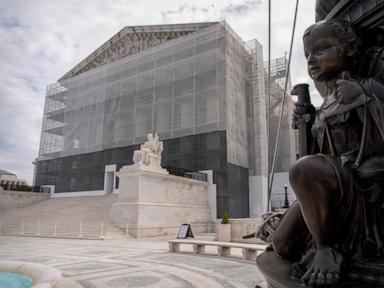
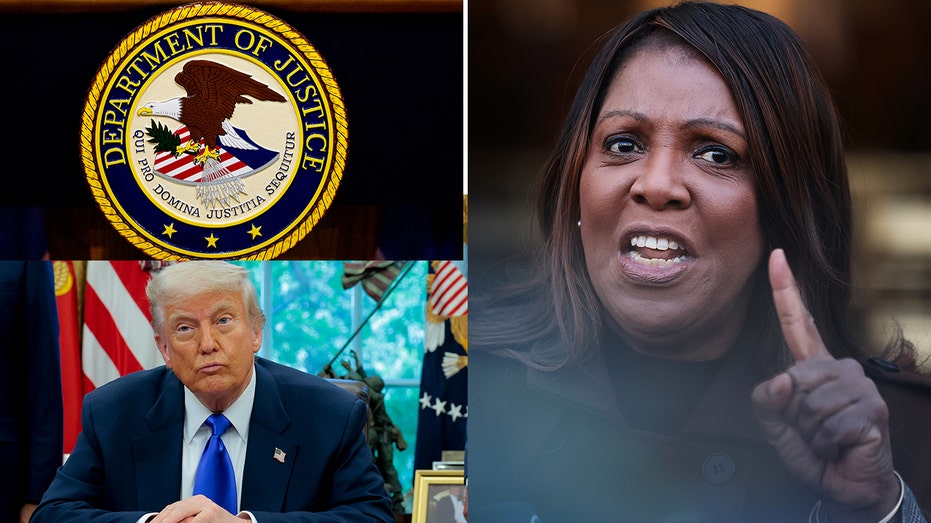
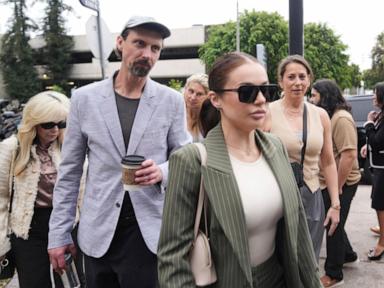


 English (US)
English (US)